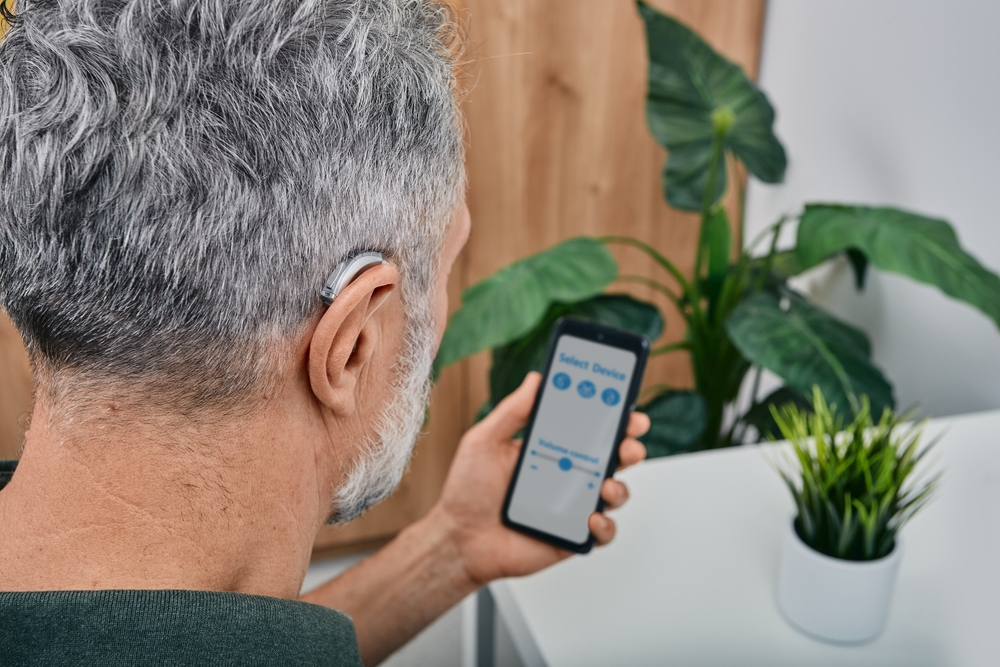
Socializing with friends and family and communicating with co-workers can be negatively influenced by even mild hearing loss, and this also includes day-to-day activities like shopping. But transformative changes can be introduced by the use of properly tuned hearing aids.
Top ten reasons to invest in hearing aids
While the chief benefit of hearing aids is obvious, improved hearing, their impact extends far past mere auditory enhancement. Let’s explore the comprehensive benefits that wearing hearing aids can provide.
Better relationships and communication
Personal relationships depend on the ability to communicate clearly. Untreated hearing loss often results in lost conversations and misunderstandings, which can strain relationships. Hearing aids allow you to participate fully in conversations, enhancing your ability to connect with others and decreasing feelings of isolation or frustration.
Being more independent
Untreated hearing loss results in obstacles in communication causing activities like buying groceries to become challenging. Hearing aids empower you to navigate these situations independently by improving your ability to hear and understand speech in various settings. Having a greater sense of independence will help you do things that require improved situational awareness such as driving, for example.
Potential for higher income
In professional settings, effective communication is crucial. Your job efficiency and career advancement can be diminished by untreated hearing loss which can impact how you take part in meetings and other work-related gatherings. By wearing hearing aids, you can remain engaged and alert, enhancing your productivity and opening doors to career opportunities.
Reduced tinnitus symptoms
Tinnitus, which is a ringing in the ear, commonly accompanies hearing loss. Hearing aids can offer relief from tinnitus for some people by masking symptoms.
Mitigated cognitive decline
Some research has uncovered a link between untreated hearing loss and mental decline, including dementia. By managing hearing loss with hearing aids, you could reduce the risk of cognitive impairment and maintain better overall brain health.
The ability to take pleasure in music
Hearing loss can alter the perception of music, making it less pleasurable. Hearing aids replenish the richness and depth of musical sounds by compensating for frequency gaps, allowing you to rediscover the excitement of listening to your favorite songs.
Increased confidence
Whether you’re in a social or professional situation, being able to hear better will give you greater confidence. Your overall quality of life will be improved and you will feel more capable when you can communicate better.
Having more energy
Untreated hearing loss can be mentally tiring, as the brain works extra hard to make up for auditory deficiencies. Hearing aids reduce this strain, giving you mental relief and allowing you to enjoy activities without feeling constantly fatigued.
Awareness and safety can be increased
Whether you’re driving an automobile or crossing the street, being aware of your surroundings is a vital part of safety. Hearing aids rejuvenate environmental sounds, including approaching vehicles or alarms, ensuring that you can react appropriately and safely.
Establishing a positive example
You will set a positive example for others dealing with hearing loss by welcoming hearing aids and displaying an approach to health and well-being that is positive. It exhibits a commitment to personal growth and improvement, inspiring people around you.
Schedule a hearing exam today
While the main benefit of hearing aids is to enhance auditory perception, the ripple effects on other aspects of life are powerful. Whether it’s nurturing stronger relationships, maximizing independence, or safeguarding mental health, the decision to use hearing aids is a step towards a more fulfilling and engaged life.
Take the first step towards better hearing today by scheduling a hearing evaluation with us.